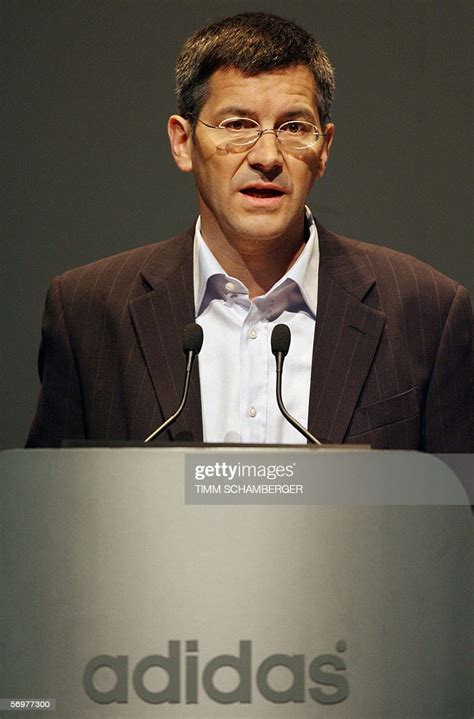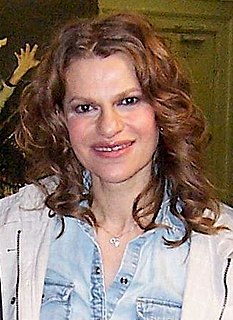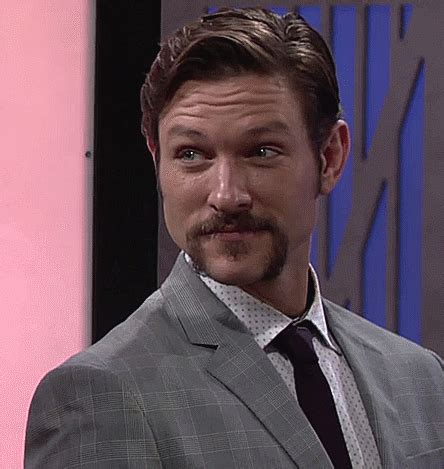A Quote by David Bowie
I think in the '70s that there was a general feeling of chaos, a feeling that the idea of the '60s as 'ideal' was a misnomer. Nothing seemed ideal anymore. Everything seemed in-between.
Related Quotes
It was like everything that supported the relationship was coming from the outside. Judging by all the signs, we were a perfectly successful couple and John was an ideal husband for me - rich, blond, tall, sensitive, ad nauseam. But even worse, it seemed as if our most intimate conversations were based on what we were supposed to be saying, and what we were supposed to be. Nothing seemed to come directly from us.
I have nothing but gratitude for the people who made the film. It was a most unusual experience. I'm no judge, and the only film I've ever seen made was Mockingbird, but there seemed to be an aura of good feeling on the set. I went out and looked at them filming a little of it, and there seemed to be such a general kindness, perhaps even respect, for the material they were working with. I was delighted, touched, happy, and exceedingly grateful.
It isn’t necessary to know exactly how your ideal life will look; you only have to know what feels better and what feels worse…Begin making choices based on what makes you feel freer and happier, rather than on how you think an ideal life should look. It’s the process of feeling our way toward happiness, not the realization of the Platonic ideal, that creates our best lives.
Long ago man formed an ideal conception of omnipotence and omniscience which he embodied in his gods. Whatever seemed unattainable to his desires - or forbidden to him - he attributed to these gods... Now he has himself approached very near to realizing this ideal, he has nearly become a god himself.
All transformation begins with an intense, burning desire to be transformed. The first step in the 'renewing of the mind' is desire. You must want to be different [and intend to be] before you can begin to change yourself. Then you must make your future dream a present fact. You do this by assuming the feeling of your wish fulfilled. By desiring to be other than what you are, you can create an ideal of the person you want to be and assume that you are already that person. If this assumption is persisted in until it becomes your dominant feeling, the attainment of your ideal is inevitable.
The life of an aviator seemed to me ideal. It involved skill. It brought adventure. It made use of the latest developments of science. Mechanical engineers were fettered to factories and drafting boards while pilots have the freedom of wind with the expanse of sky. There were times in an aeroplane when it seemed I had escaped mortality to look down on earth like a God.
The late '90s were a really bad time for people trying to be rock stars, you know what I mean? It seemed like everyone was a one-hit wonder on the radio. We had friends who had a hit single on the radio and sold 500,000 records, and then they couldn't get arrested a year later. I had this feeling at the time that that was not possible anymore, so the idea of becoming the biggest band in the country—it seemed laughable. I felt that having those sort of ambitions was foolish, because there was no way that was going to be possible. If you saw it that way, you were just deluding yourself.




































